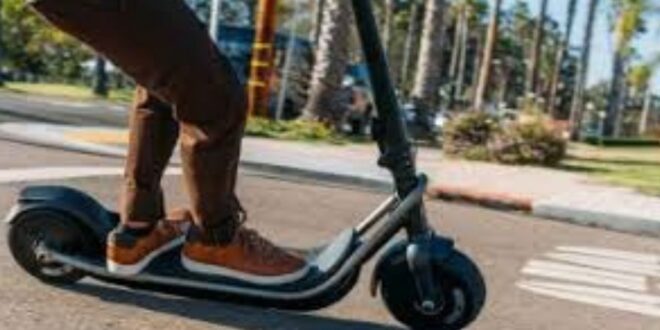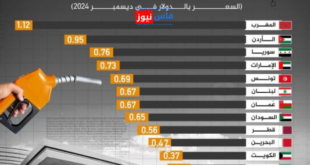The Moroccan Road Safety Association has raised concerns about the potential consequences of regulating the use of motorized personal mobility vehicles, known as “trotinettes,” emphasizing the need for stricter oversight of manufacturers and importers.
The association highlighted that the lack of sufficient guarantees to protect users of these vehicles from traffic accidents could exacerbate risks, as incidents involving these vehicles are generally more severe than those involving bicycles and motorcycles.
In a statement, Mr. Mustafa Hajji, president of the association and a road safety researcher, explained that the draft decree proposed by the Ministry of Transport and Logistics is a positive step to keep pace with developments in the transportation sector.
However, he stressed that additional measures are needed to ensure that accident rates do not increase.
Mr. Hajji noted that the absence of strict monitoring and penalties has led to a rise in issues related to regulated bicycles, as Morocco continues to report traffic accidents resulting in loss of life.
He questioned how to ensure that the standards regarding the cylinder capacity and electric motor of the trotinettes, which are defined to operate at speeds between 6 and 25 kilometers per hour, are not manipulated.
The draft decree has defined two concepts: “personal mobility vehicle” and “unassisted bicycle.”
The former refers to a motorized bike without a seat, designed to carry a single person, operating at speeds no less than 6 kilometers per hour and not exceeding 25 kilometers per hour.
The latter encompasses two-wheeled bicycles equipped with a supplementary electric motor.
Mr. Hajji emphasized the need for a comprehensive legal framework to protect users of these vehicles, stressing the importance of adhering to safety requirements.
He noted that studies indicate that riding in a standing position significantly increases the risk of accidents.
In this context, Minister of Transport and Logistics, Mr. Mohamed Abdeljalil, stated that the main objective of regulating the use of personal mobility vehicles is to enhance road safety in line with the national strategy.
He noted that the use of these vehicles is a result of technological advancements in the industry, which necessitates a positive response.
He underscored the importance of collaboration between manufacturers and importers to implement the regulations concerning these vehicles and highlighted the crucial role of awareness in promoting road safety.
source: fesnews media
 فاس نيوز ميديا جريدة الكترونية جهوية تعنى بشؤون و أخبار جهة فاس مكناس – متجددة على مدار الساعة
فاس نيوز ميديا جريدة الكترونية جهوية تعنى بشؤون و أخبار جهة فاس مكناس – متجددة على مدار الساعة













